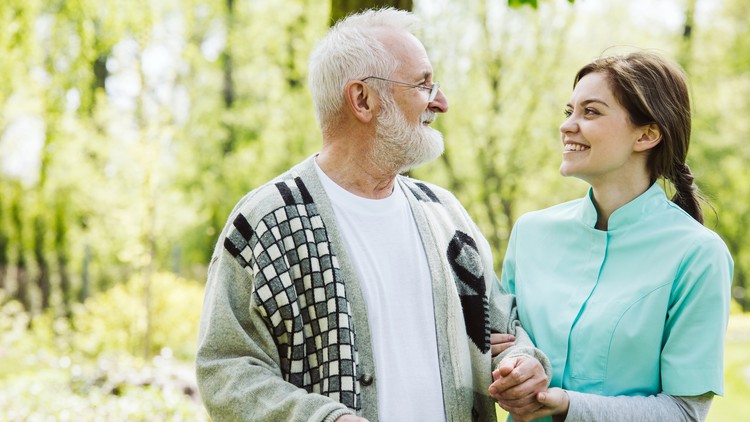Training Direct Care Workers dealing with Stroke Survivors – Free Udemy Courses
How to improve stroke survivors’ and carers’ experiences and well-being
What you’ll learn
Training Direct Care Workers dealing with Stroke Survivors – Free Udemy Courses
- Know what a stroke is, the types of stroke, and the stroke symptoms
- Know the potential effects of a stroke and the corresponding rehabilitation processes
- Understand the emotional impact of a stroke
- Know how to support a stroke survivor after he/she leaves the hospital\
Requirements
-
No formal prerequisites. Basic notions of Care are recommended.
Description
Stroke is a leading cause of death and disability worldwide and often requires long-term rehabilitation. Stroke causes profound disruptions in stroke survivors’ independence, autonomy, social life, and relationships. Approximately 80% of all stroke survivors are discharged to their homes following hospital admission. A significant number have disabilities so severe that they are dependent on practical and emotional help and support.
Informal carers are spouses and other family members who play a significant supporting role in the rehabilitation process after a stroke. Direct care workers are carers employed by the family to take care of the stroke survivor. Both groups of carers have an essential role in providing personal care to individuals with stroke-related disabilities (e.g., bathing, hygiene, feeding), and practical help (e.g., mobility, socialization, health education). Moreover, they give support to other health professionals in various activities (e.g., giving medications).
The daily working environments in which informal carers and direct care workers assist stroke survivors are highly demanding. Carers carry out most essential tasks, usually with high physical and emotional burdens and with little specific training. The most commonly experienced challenge among carers is finding sufficient information on caring for a stroke survivor.
This course will provide timely, reliable, and sound information and training to informal carers and direct care workers that will help enhance service provision and improve the stroke survivors’ and carers’ experiences and well-being.
Who this course is for:
- Informal Carers and Care Workers








